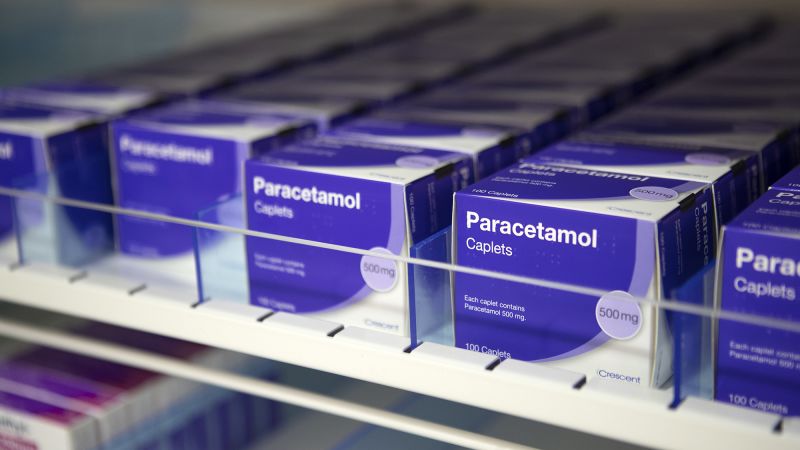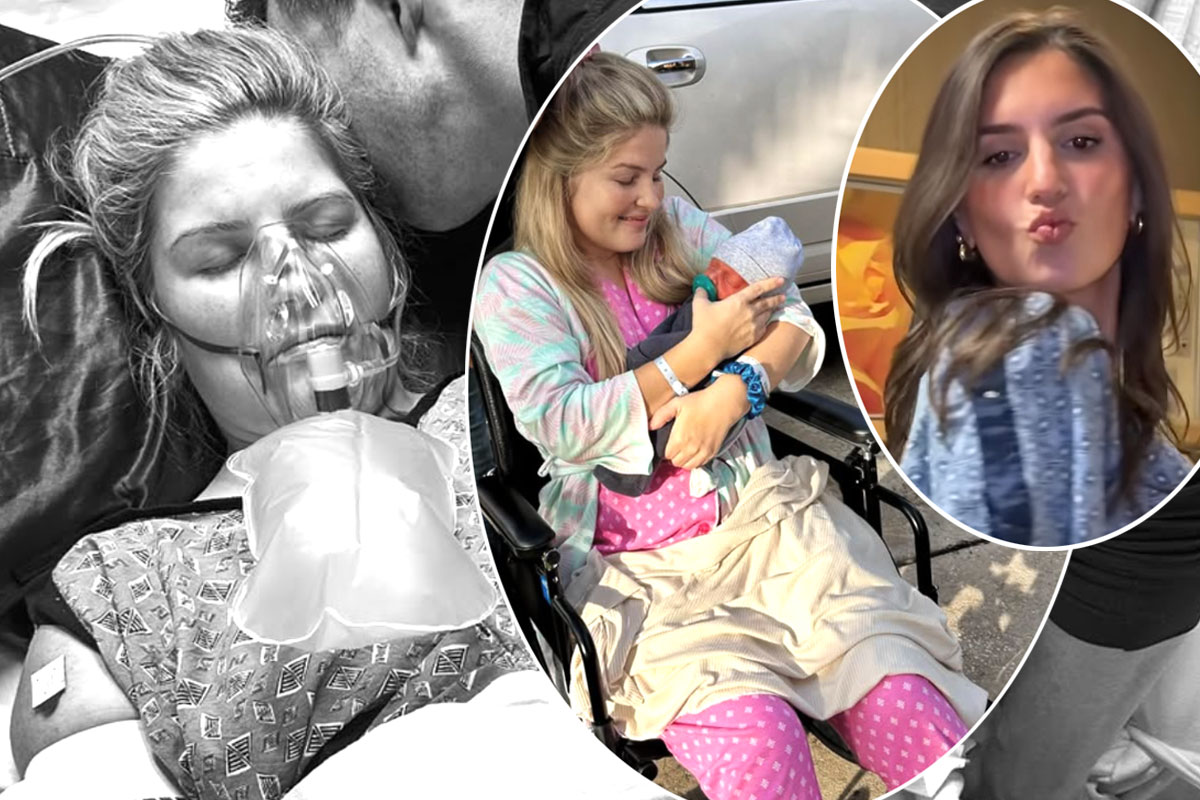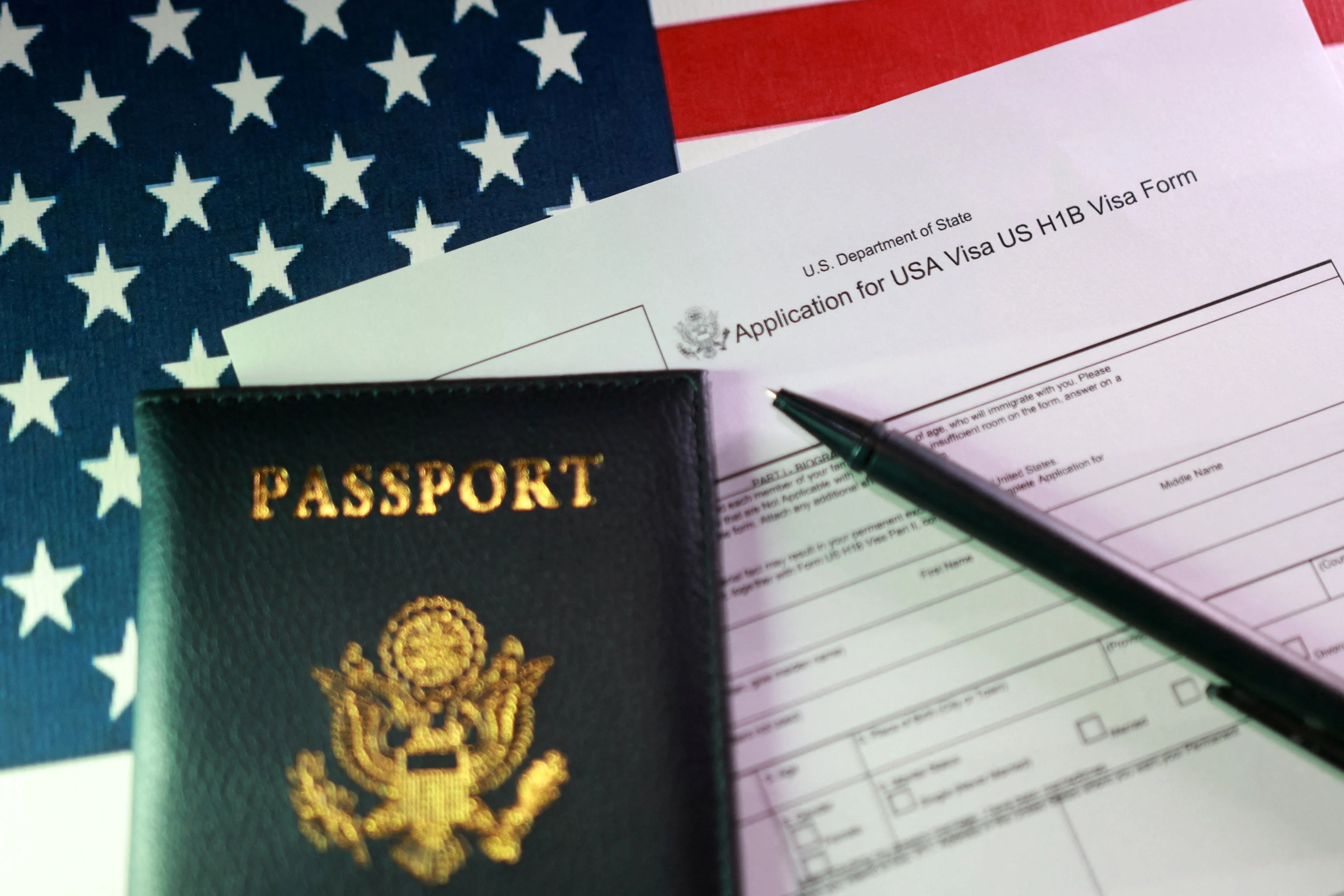
Backlash has been swift and forceful as other parts of the world woke up to US President Donald Trump’s comments blaming – without solid evidence – acetaminophen and certain vaccines for autism in children.
“Don’t pay any attention whatsoever to what Donald Trump says about medicine. In fact, don’t take even take my word for it, as a politician – listen to British doctors, British scientists,” UK Health Secretary Wes Streeting said in a televised interview on Tuesday. “I trust doctors over President Trump, frankly, on this.”
It comes after Trump announced Monday the US Food and Drug Administration will notify doctors that the use of Tylenol – the brand name for acetaminophen, known in most countries as paracetamol – during pregnancy can be associated with a “very increased risk of autism.” Despite decades of evidence that it is safe, Trump suggested that women limit Tylenol use during pregnancy “if you can’t tough it out.”
The medicine regulatory agencies of the European Union and the United Kingdom also quickly issued statements Tuesday confirming that taking paracetamol during pregnancy remains safe.
“Paracetamol remains an important option to treat pain or fever in pregnant women,” Steffen Thirstrup, chief medical officer of the European Medicines Agency (EMA), said in a statement. “Our advice is based on a rigorous assessment of the available scientific data and we have found no evidence that taking paracetamol during pregnancy causes autism in children.”
Experts warn that an untreated fever can be dangerous for both the fetus and the pregnant person. Risks include miscarriage, birth defects and high blood pressure. Experts also say there are multiple causes of autism, and the science on a connection between autism and Tylenol is not settled.
A peer-reviewed analysis published in BioMed Central in August looked at 46 studies on acetaminophen use during pregnancy and neurodevelopmental disorders. Overall, the analysis concluded that there was “strong evidence of an association” between acetaminophen use during pregnancy and autism, but the authors were careful to say that the research could not show that acetaminophen caused autism. The authors recommended judicious acetaminophen use, under medical guidance.
Meanwhile, a 2024 peer-reviewed Swedish study published in the medical journal JAMA found no link between acetaminophen taken in pregnancy and autism or other neurodevelopmental disorders.
The EMA statement said that in 2019, the agency “reviewed available studies that investigated the neurodevelopment of children exposed to paracetamol in utero and found that the results were inconclusive and that no link with neurodevelopmental disorders could be established.”
Speaking to Britain’s ITV News, Streeting said: “I’ve just got to be really clear about this: There is no evidence to link the use of paracetamol by pregnant women to autism in their children. None.” He encouraged the British public to “follow the science,” especially at a time when “you’ve got kids in this country now dying of measles, whooping cough, kids not taking the RSV vaccine, when those respiratory diseases can be life-threatening in our children.”
The vaccination against measles, mumps and rubella (MMR) has long been a target of misinformation and alarm, including by US Health and Human Services Secretary Robert F. Kennedy Jr, following discredited research linking it to autism by a British doctor who has since been barred from practicing medicine. Kennedy publicly urged people to get the measles vaccine amid this year’s outbreak that led to three deaths and nearly 200 hospitalizations across the US, but also touted unconventional therapies.
Acetaminophen, or paracetamol, is considered the only safe over-the-counter option for pain or fever during pregnancy. Other common pain relief options like ibuprofen or regular-dose aspirin can increase the risk of serious pregnancy complications, according to experts.
The UK medicines regulator said: “Paracetamol remains the recommended pain relief option for pregnant women when used as directed. Pregnant women should continue to follow existing NHS (National Health Service) guidance and speak to their healthcare professional if they have questions about any medication during pregnancy.”
Vaccine misinformation
On Monday, Trump also advocated for breaking up childhood vaccinations and even pushing back the hepatitis B shot for newborns to age 12. It’s “too much liquid, too many different things are going into that baby,” Trump said, without citing scientific evidence.
As a public health strategy, providing hepatitis B shot to infants brought the infection in children to the brink of elimination in the United States.
And extensive research has shown that there’s no link between vaccines and autism.
The World Health Organization (WHO) said in a statement that vaccination campaigns, which have saved more than 150 million lives in the past 50 years, are being threatened by misinformation.
“Misinformation is increasingly driven from the top, with prominent influencers pushing thoroughly debunked myths, such as the disproven and false claim that the MMR vaccine causes autism,” said WHO’s immunization director, Kate O’Brien.
“Pseudoscience, false logic, and selective ‘evidence’ are weaponized in ways that sow confusion and doubt among well-meaning parents.”
O’Brien said the consequences of this misinformation were “real and tragic,” pointing to how the drop in coverage of the measles vaccine “is driving a significant rise in measles cases and deaths, including in wealthy countries like the US, Canada, the UK and other European countries.”
This is a developing story and will be updated.
CNN’s Jen Christensen, Brenda Goodman, Meg Tirrell and Robert North contributed to this report.



